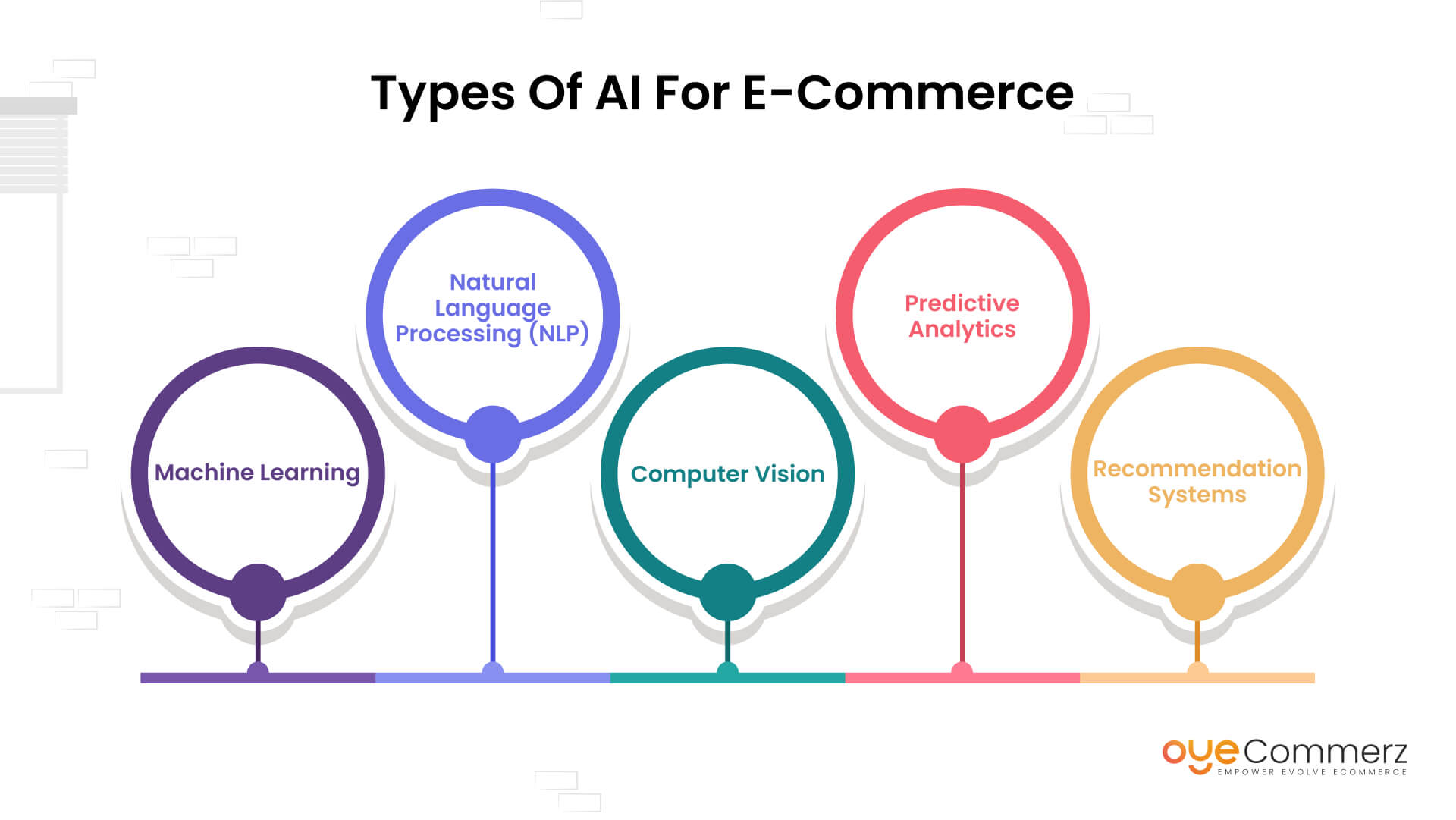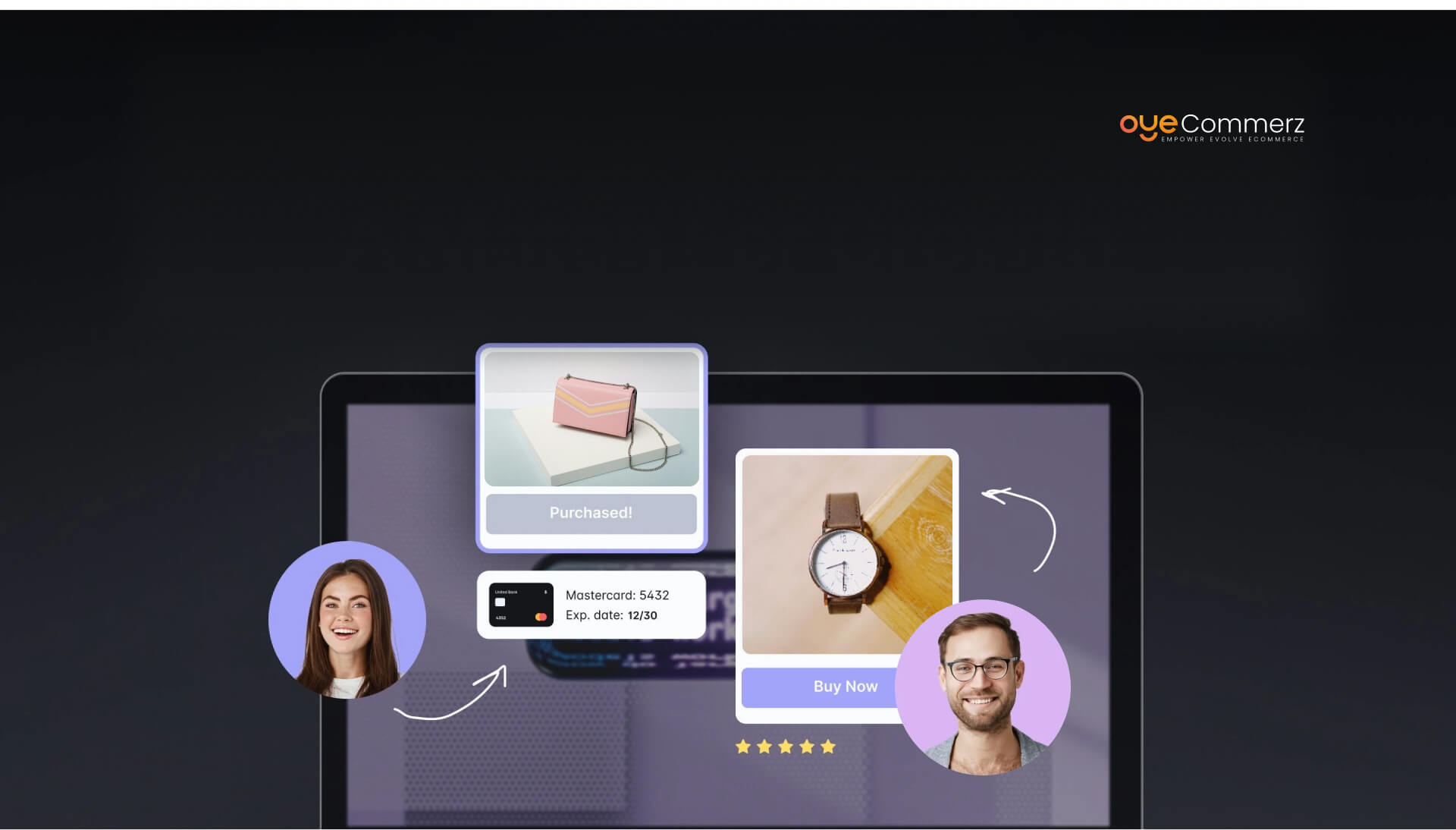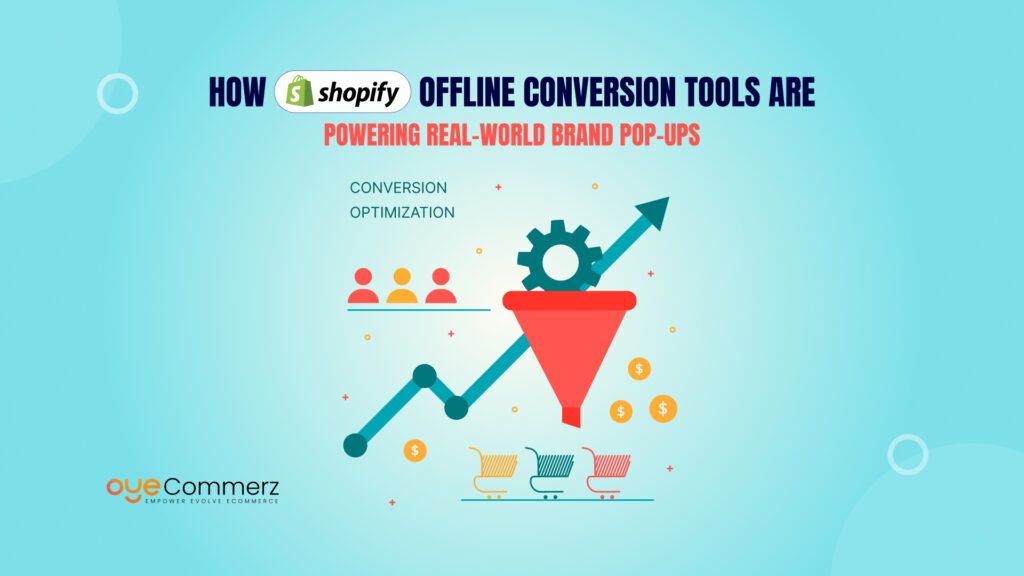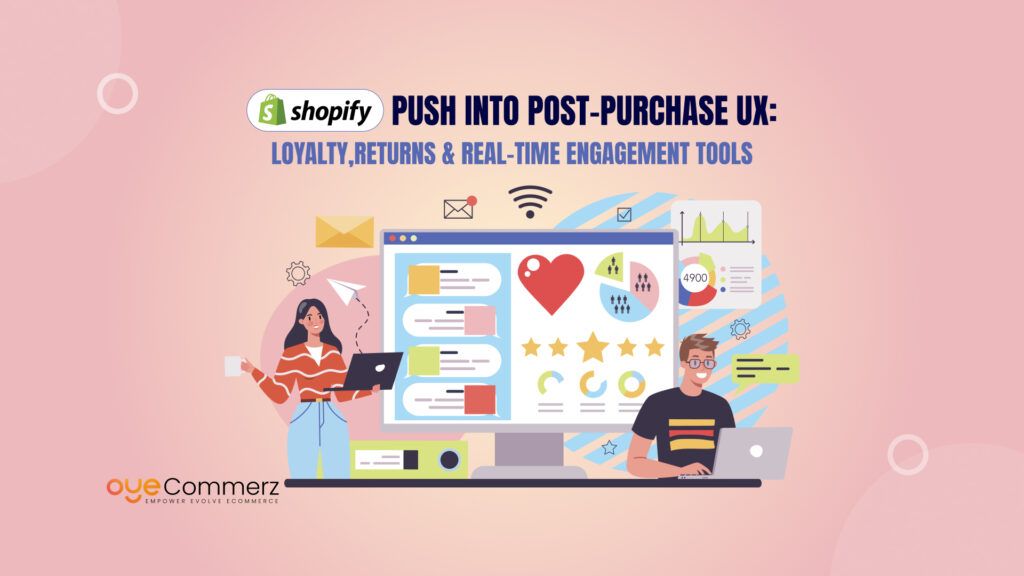Welcome to the AI-powered Shopify-driven e-commerce of the future. Along with the development of technology, which is changing the way we shop online, AI is at the pinnacle of the new trend, bringing about unmatched operational efficiency, customization, and growth in the online shopping space. In this extensive essay, we will cover the far-reaching implications that AI has for Shopify and investigate its different uses, trends as well as the bright future it promises online retailers.
What is AI for Shopify & E-Commerce?
When it comes down to AI in the Scope of Shopify and eCommerce, it is using different algorithms and machine learning technologies for automation and optimization of some of the aspects of online retail business operations. From improving customer experience, automating inventory management, and predicting consumer behavior, AI enables Shopify merchants to make data-driven decisions and stay ahead in the competitive marketplace.
AI in Shopify encompasses a wide range of functionalities, including:
- Customer Segmentation and Targeting: AI algorithms use customer data to distinguish audiences based on their likes, purchase history, and behavior. This allows Shopify merchants to deliver tailored marketing campaigns and product suggestions, thus leading to higher conversion rates and customer loyalty.
- Predictive Analytics: Through the utilization of historical data and machine learning algorithms, AI can pinpoint future trends, demand patterns, and sales forecasts. This allows the Shopify merchants to formulate strategies for inventory management, pricing, and marketing to boost profitability while reducing stockouts.
- Chatbots and Virtual Assistants: AI-empowered chatbots and virtual assistants provide immediate customer support, answer questions, and guide the purchasers throughout their buying journey. Using these intelligent bots, simple questions, product suggestions, and even order processing can be treated well, improving the shopping experience and reducing pressure on the customer support team.
- Visual Search and Image Recognition: AI algorithms make visual search possible; customers use images instead of text to find products. This empowers discovery, smoothing out the product browsing process, and increases conversion rate due to presenting visually similar items based on user preferences.
Types of AI for E-Commerce

In e-commerce, AI ensures that artificial intelligence is expressed in different ways and these forms are used for the optimization of different types of e-commerce operations. undefined:
- Machine Learning: Machine learning algorithms work on large amounts of data to identify patterns, trends, and correlations so they can be able to provide predictive analytics, personalized recommendations, and dynamic pricing strategies.
Natural Language Processing (NLP): NLP algorithms comprehend and decode human language, which enables chatbots, virtual assistants, as well as sentiment analysis tools to conduct smooth interactions between merchants and customers. - Computer Vision: Computer vision technology facilitates image recognition, visual search, and product recommendation systems through analysis and understanding of visual content like product images, videos, and user-generated content.
- Predictive Analytics: By using the proprietary algorithms of machine learning, merchants can predict future trends of customer behavior, and demand patterns, and further enhance their inventory management, marketing campaigns, and pricing strategies.
- Recommendation Systems: Recommendation systems use collaborative filtering, content-based filtering, and hybrid approaches to suggest items to customers based on their preferences, browsing history, and previous purchases that create personalization and drive sales in turn..
Let us have a look at some numerical information:
Artificial Intelligence (AI) isn’t just confined to the realm of chatbots like ChatGPT; its significance in eCommerce is steadily growing. Online retailers are harnessing AI for enhanced customer service through chatbots and leveraging customer data to generate personalized product recommendations using AI-generated imagery.
Analysts foresee a significant surge: Projections indicate that the AI market could soar to a staggering US$1.85 trillion by 2030, boasting a robust Compound Annual Growth Rate (CAGR) of 39%.
Recent trends and forecasts underscore the expansive potential of AI across various sectors, not solely within eCommerce. PricewaterhouseCoopers (PwC) anticipates that AI could inject up to US$15.7 trillion into the global GDP by 2030. To provide context, this surpasses China and India’s combined economic output.
Future of AI in ECommerce
Glancing into the future, the prospects for AI in e-commerce, mainly on the framework of the Shopify platform, seem to be very bright. Some key developments and trends that are likely to shape the future of AI-driven e-commerce include:
The development of more advanced machine learning and deep learning algorithms will allow for more accurate predictive analytics, customized recommendations, and client segmentation.
Incorporation of AI-powered voice commerce functionality where customers can make purchases and converse with the e-commerce platforms using voice commands and virtual assistants.
The growth of AR and VR technology is used to improve the e-commerce experience and let customers see the products in real-life scenes before they purchase them.
The next step is the optimization of chatbots and virtual assistants via natural language understanding (NLU) and sentiment analysis which enable more human-like conversations and personalized assistance throughout the customer journey.
AI-backed advance security measures which incorporate fraud detection, data protection, and overall security for online shoppers.
With AI showing no signs of slowing down in the future, Shopify merchants can look forward to more automation, better customer engagement, and greater operational efficiency that will eventually translate into increased conversion rates, growing revenue, and long-term success in the online business world that is becoming more competitive.
Maximize your E-Commerce Potential and Explore AI with OyeCommerz!
If you’re ready to get started, the full potential of AI in your Shopify store awaits you!
Let OyeCommerz be the one to help you drive a revolution in the e-commerce experience. Just as GadgetGalaxy Store, Cannabis Crest, PharmaVitality, and other companies have benefitted from OyeCommerz, you can be the next in line to achieve great heights with us!
From recommendation systems that are personalized to bots of automatic customer support, our AI solutions are designed to take your business to the next level.
Schedule a demo today and start the AI-driven journey to success with OyeCommerz.
Hiring a Shopify Expert
When you’re starting your Shopify journey, you might wonder if hiring a Shopify expert is worth it. Let’s explore why it can be a smart move for your e-commerce business
-
Customization: Experts can make your store uniquely yours. They’ll create custom themes and features that showcase your brand.
Brand Consistency: When your branding is consistent across your website, it builds trust with customers. Experts ensure your identity shines through.
- Optimization: Experts fine-tune your store for speed, smooth navigation, and mobile-friendliness.
- Technical Support: When issues pop up, experts troubleshoot swiftly, keeping your store running smoothly.
The synergy of AI and Shopify isn't just about transactions; it's about fostering relationships, predicting desires, and shaping the future of commerce.
Conclusion
In a wrap-up, AI is the foundation of the e-commerce future for Shopify merchants, allowing them to be creative, adaptable, and ultimately successful in an ever-changing digital market space.
Through leveraging AI-driven technologies including machine learning, natural language processing, or computer vision, Shopify merchants are unlocking new horizons in personalization, efficiency, and profitability, thus paving the way for the development of online retail and customer-oriented experiences in the world.
While we are exploring this AI-enabled age of e-commerce, the sky is the limit and the future seems to be very promising for those who are courageous enough to seize AI’s revolutionary power in Shopify.




